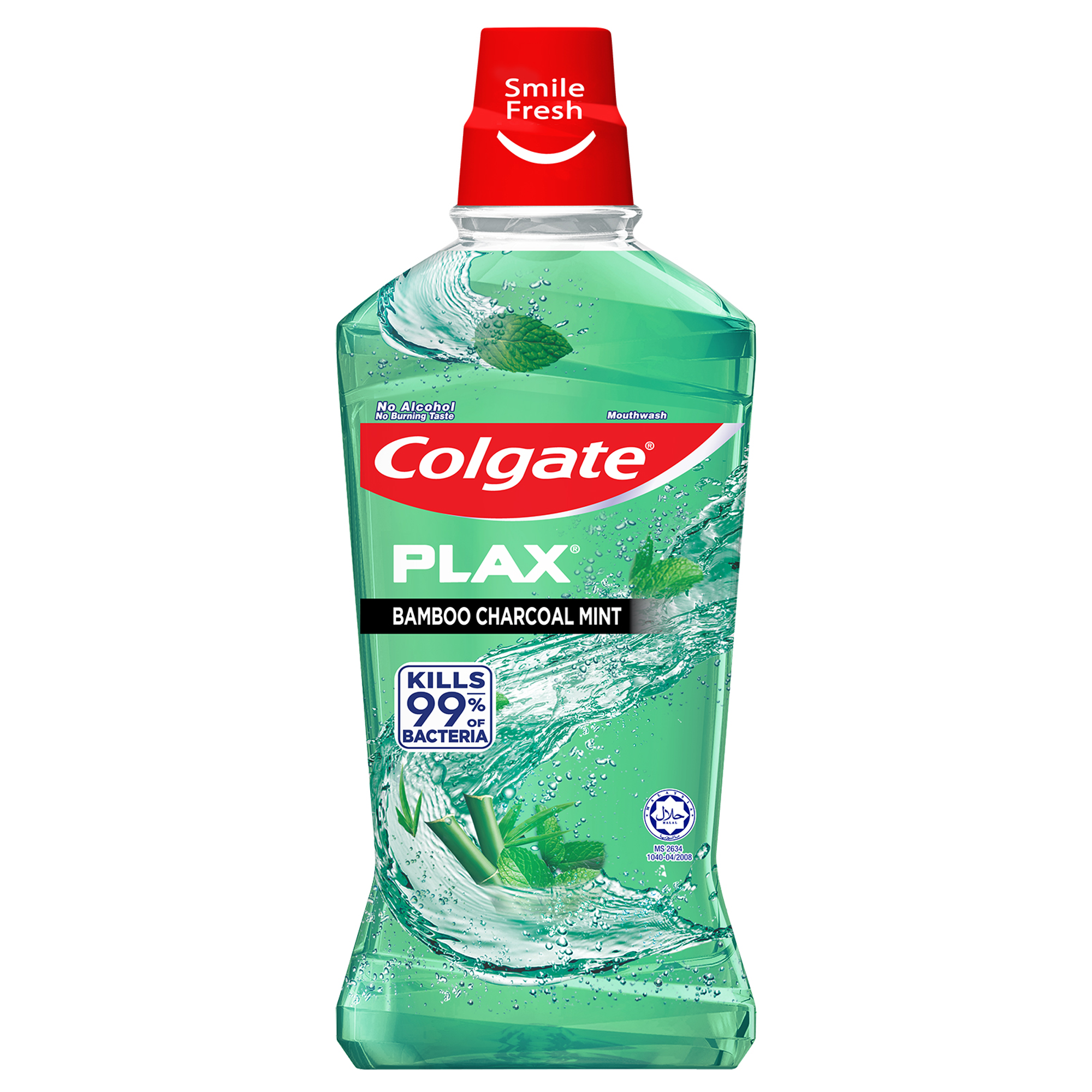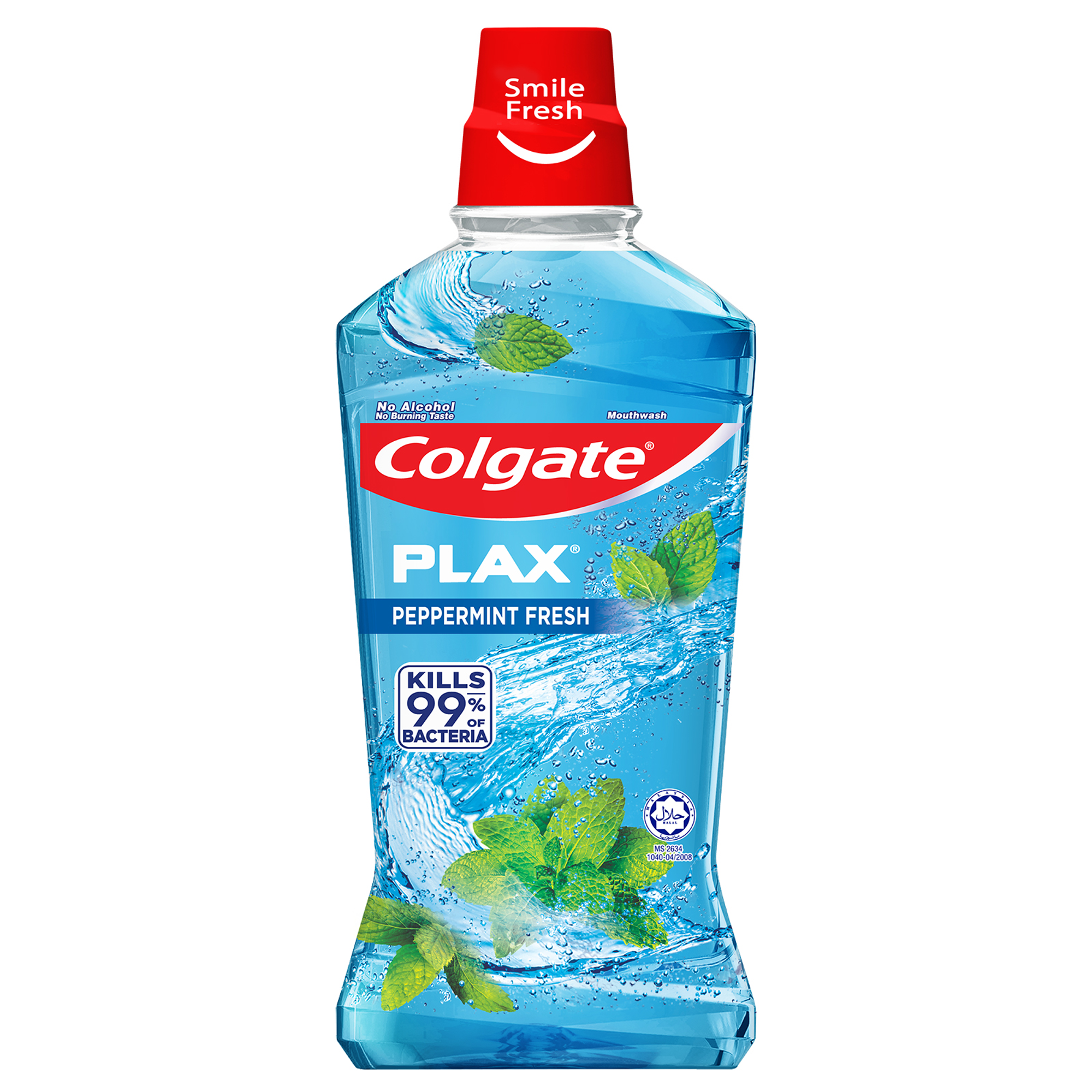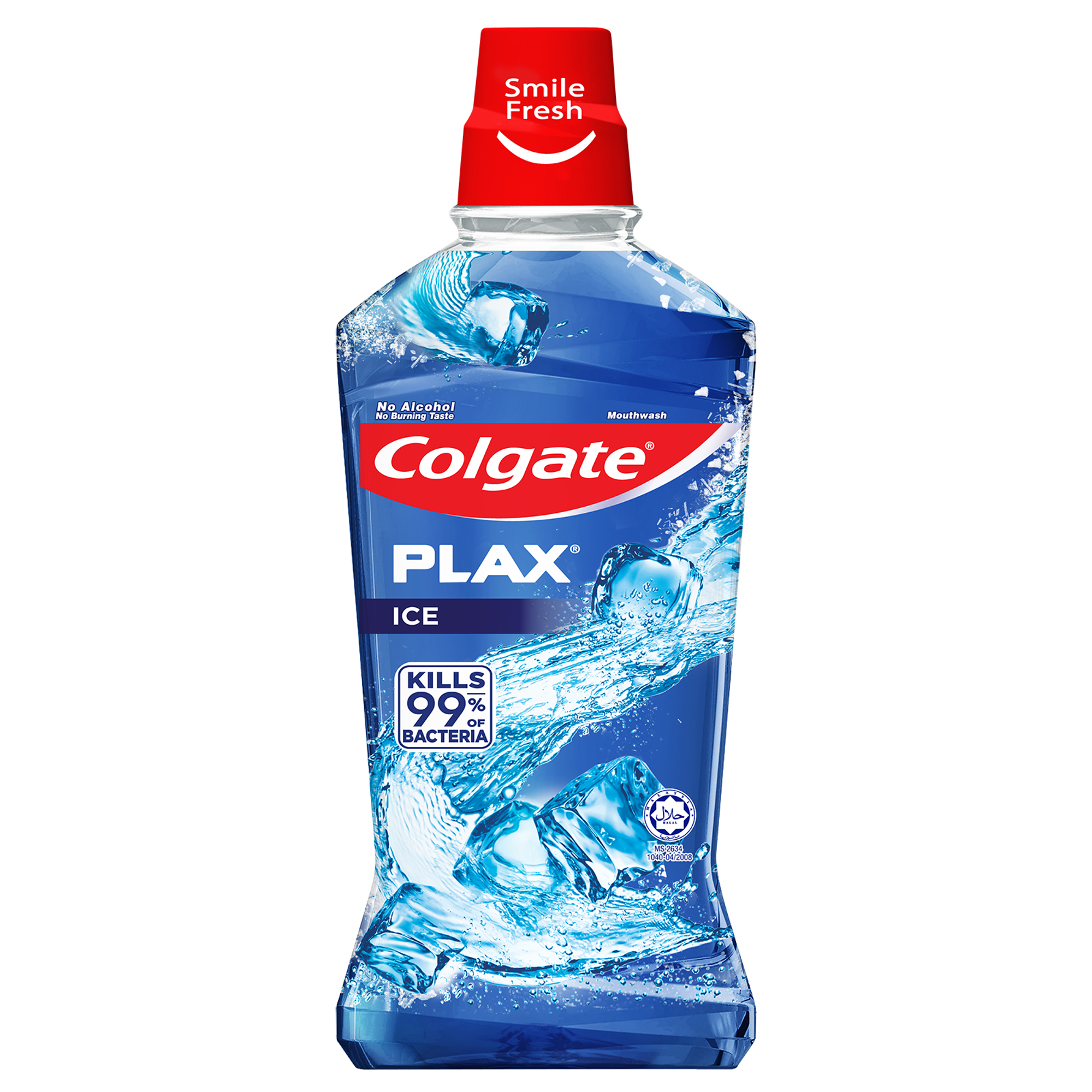What Are Tonsil Stones?
Tonsil stones, also called tonsilloliths, are small, hard lumps that form in the crevices or tiny pockets of your tonsils. Your tonsils are the soft, oval-shaped tissues that usually appear as two fleshy masses at the back of your throat. They help your immune system by filtering viruses or bacteria that make their way into your body through the mouth.
The crevices, or tiny pockets, are usually the natural folds in the tonsils, also known as tonsillar crypts. These crevices on the surface of the tonsils trap food particles, dead cells, saliva, and bacteria. Over time, the trapped material hardens due to calcium buildup and forms tonsil stones. Although they are usually harmless, they can cause discomfort, bad breath, and, in some cases, irritation in your throat. Sometimes, you can even see the stones if you open your mouth wide and look in the mirror.
What Causes Tonsil Stones
If you are someone experiencing tonsil stones, it is quite natural to wonder what causes tonsil stones. Some people may encounter frequent tonsil infections, during which the pits in the tonsils become filled with hard, white substances that resemble stones. Here are some of the most common factors that cause tonsil stones:
Poor oral hygiene: One of the main causes of tonsil stones is not brushing and flossing regularly. This allows food particles and bacteria to build up in your mouth and throat and get trapped in the tonsils.
Chronic tonsillitis: Frequent tonsil infections or inflammation can irritate the crypts and also lead to the formation of deeper pockets in your tonsils. This could make it easier for debris to collect and form stones.
Large tonsil crypts: If your tonsils are naturally larger or deeper, they have more crevices where particles can get trapped. This increases the chance of forming tonsil stones.
Dry Mouth: Dry mouth is another factor that causes tonsil stones. Without enough saliva to wash away debris and bacteria, the risk of tonsil stones increases.
Symptoms of Tonsil Stones
For most of them who have tonsil stones, it could seem like a minor problem. However, they can cause a variety of uncomfortable symptoms that may affect their daily lives. Some may experience bad breath, while others may have difficulty swallowing.
Here are some of the most common tonsil stones symptoms that may indicate that the stones are present:
Bad breath (halitosis): The trapped debris and bacteria in the tonsil stones can result in bad breath.
Sore throat: Tonsil stones can irritate the throat, leading to pain and discomfort.
Ear pain: Sometimes, tonsil stones can cause earaches because the tonsils are close to the ear canals.
Difficulty swallowing: Large or many tonsil stones can make it hard or uncomfortable to swallow food or drink.
White or yellow spots on the tonsils: Tonsil stones can appear as white or yellow lumps on the tonsils.
Metallic taste: The bacteria and debris in tonsil stones can leave a bad taste in the mouth.
Do Tonsil Stones Cause Bad Breath?
Bad breath, or halitosis, is a common issue for many people with tonsil stones. It is because these stones are made up of trapped food particles, dead cells, and bacteria that get stuck in the crevices of your tonsils. When these materials break down, they can produce an unpleasant odour.
While some individuals may experience this unpleasant odour due to their tonsil stones, others may not notice any symptoms at all. It is also important to keep in mind that bad breath does not always mean you have tonsil stones. There are several other causes of bad breath, and tonsil stones are just one of the less common ones. However, if you are concerned about bad breath, whether related to tonsil stones or not, rinsing with a mouthwash will help freshen your breath and kill the majority of bacteria in the mouth.
How to Identify and Remove Tonsil Stones
One of the easiest ways to spot tonsil stones is by looking for small white or yellow lumps on your tonsils. If you also have other symptoms like bad breath, a sore throat, or trouble swallowing, it might mean you have tonsil stones. However, it is a good idea to see a dentist or doctor to be sure and get the right diagnosis.
Once you identify that you have tonsils, you may wonder how to make tonsil stones fall out. There are a few methods you can try to remove them. This includes manually removing them or gargling with warm salt water, which can help loosen tonsil stones and soothe irritation in the throat. However, if these at-home methods do not work or if the tonsil stones are causing significant discomfort, it is a good idea to visit a healthcare professional for tonsil stone removal.
Manual Removal With a Cotton Swab
For individuals who wonder how to remove tonsil stones manually, one method you can try is removing them using a cotton swab. This method involves gently pressing a clean cotton swab against your tonsil to try and remove the stone. Before attempting manual removal, it is crucial to wash your hands and use a clean cotton swab. Be careful not to apply too much pressure, as this could cause irritation or injury to your tonsils.
However, this method can be risky if not done properly. If you are looking for effective ways on how to get rid of tonsil stones, consulting a healthcare professional for appropriate treatment options is essential. If the manual removal does not work or causes pain, seeking professional care is the safest option.
Treatment Options For Tonsil Stones
If you have tonsil stones that keep coming back, professional treatment might be needed to manage the problem. Tonsil stones treatment by a healthcare professional usually focuses on treating the root cause. One common method is manually removing the stones using special medical tools. This is done by a healthcare professional to make sure it is safe and effective.
For individuals with severe or large tonsil stones, a tonsillectomy might be recommended. This surgical procedure involves the removal of the tonsils, offering a permanent tonsil stones cure. Although it is typically considered the last method, it can provide long-term relief for those who experience ongoing discomfort or infections due to tonsil stones.
Prevention of Tonsil Stones
The occurrence of tonsil stones can be quite uncomfortable and irritating, so it is best to prevent them from developing. Here are a few steps that you can take to reduce the chances of them forming.
Brushing Teeth Regularly
Maintaining good oral hygiene is an effective method when considering how to prevent tonsil stones. Brushing your teeth twice a day helps remove food particles and bacteria that might lead to their formation. Additionally, cleaning your tongue is important, as it can harbour bacteria that contribute to the problem.
Gargling with Salt Water
Gargling with warm salt water can help keep your tonsils clean and free of debris. It is an easy way to reduce bacteria in your mouth and prevent the buildup of particles that might lead to tonsil stones or throat infections.
Avoid Smoking and Excess Alcohol
Smoking and drinking too much alcohol can dry out your mouth and throat. A dry mouth often creates an environment where tonsil stones form. Avoiding these habits can help maintain better oral health and reduce your risk.
Avoid Cold Beverages
Drinking cold beverages can sometimes cause irritation or dryness in the throat, which may contribute to tonsil stones. Use lukewarm or room-temperature drinks to keep your throat comfortable and healthy.
When to See a Doctor
Frequent tonsil stones may not resolve with oral hygiene alone. Consult a doctor if they cause discomfort. Additionally, if you notice swelling in the tonsils, pus, or any signs of infection, seeking medical advice is crucial. A doctor can help assess your condition and recommend appropriate treatment options for tonsil stones cure, such as surgical removal or, in severe and rare cases, a tonsillectomy. Seek medical advice if tonsil stones removal at home fails or symptoms worsen.
In conclusion, tonsil stones can cause discomfort and bad breath but are manageable with proper care. Persistent cases may require surgical options like a tonsillectomy. If you experience severe symptoms like frequent infections or discomfort in the back of the throat, or if you suspect strep throat, it is best to consult a doctor for proper treatment. Your nose and throat health are important, and timely intervention can prevent complications.
Frequently Asked Questions
Are tonsil stones dangerous?
Tonsil stones are generally not dangerous, but they can cause discomfort, bad breath, or irritation. In rare cases, they may lead to infections or swelling. If symptoms persist or worsen, consult a doctor for proper evaluation and tonsil stone pain treatment.
Can you prevent tonsil stones permanently?
Preventing tonsil stones permanently can be challenging, but maintaining good oral hygiene can significantly reduce their occurrence. Regularly brushing, flossing, and gargling with salt water or mouthwash can help prevent debris buildup. In severe cases, consulting a doctor about options like tonsil removal may be necessary.
Can removing tonsil stones eliminate bad breath?
Removing tonsil stones may help reduce bad breath, as they often harbour bacteria and trapped debris that cause unpleasant odours. However, maintaining proper oral hygiene is essential to address other potential causes of bad breath.
Do mouthwashes help in preventing tonsil stones?
Mouthwashes could help prevent tonsil stones by reducing bacteria in the mouth. Using an antibacterial or alcohol-free mouthwash regularly may reduce the chances of stones forming.
Is it good to remove tonsil stones?
Tonsil stones are generally not harmful, but if they cause discomfort, bad breath, or irritation, it is better to remove them. Consult a doctor for safe removal if needed.














